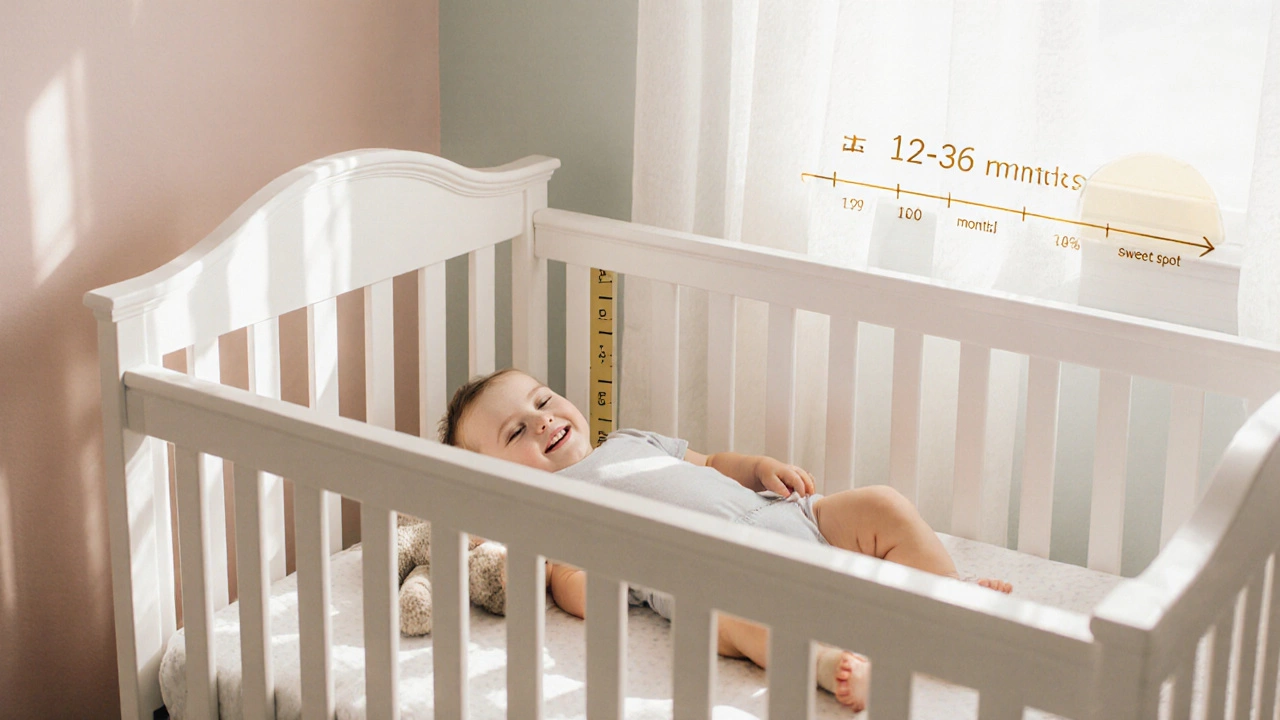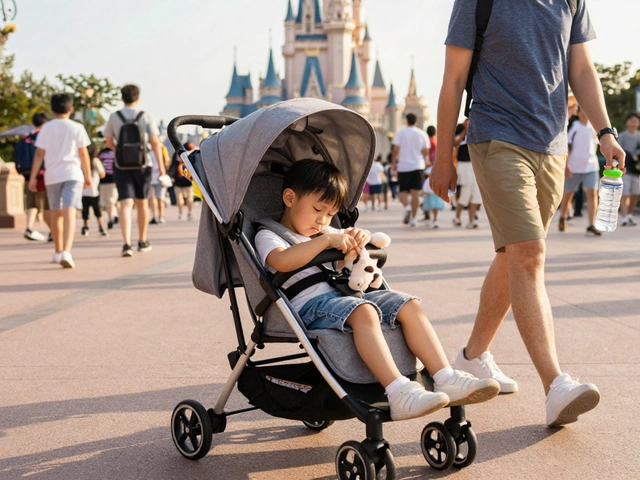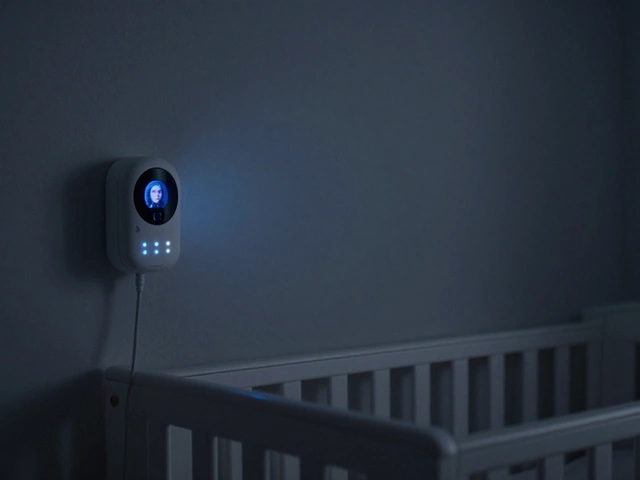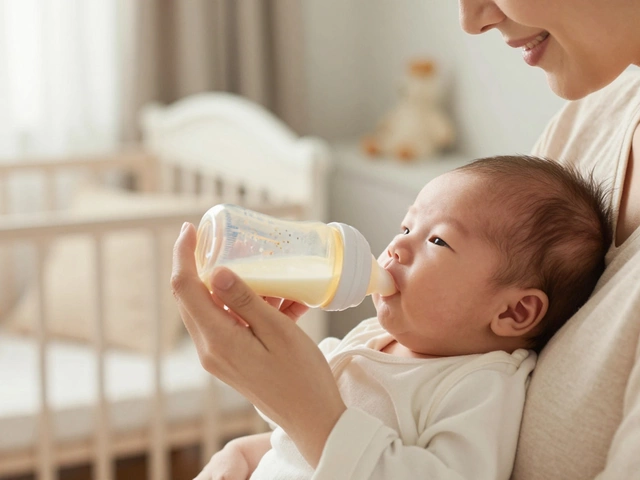Toddler Development: Simple Tips for Growing Kids
Got a busy toddler and a head full of questions? You’re not alone. From learning to walk to mastering words, the first three years are a whirlwind. Below you’ll find down‑to‑earth advice that fits into a real‑life schedule, plus quick checks to see if your child is on track.
Key Milestones to Watch
Parents love a checklist, so here’s a quick rundown of the big moments. Around 12 months most kids stand up, grab things and say "mama" or "dada." By 18 months they start running a bit shaky and use two‑word phrases like "more juice." At 24 months you’ll notice better balance, more complex sentences and a love for pretend play.
If your toddler is a little early or a little late, don’t panic. Every child moves at their own speed. The real red flag is a sudden stop in progress or the absence of any new skill for several months. In those cases, a chat with your GP or a child development specialist is worth it.
Everyday Activities That Help
Play is the best teacher. Simple games like stacking cups, sorting colours, or "hide and seek" with a favorite stuffed animal build motor skills and language. A daily story time – even five minutes – introduces new words and boosts listening.
Want to make bedtime smoother? Try a consistent routine: a warm bath, a short book, then a lullaby. A calm end to the day supports emotional regulation, an important part of development.
When it comes to sleep, many parents wonder about the right age for a toddler bed. Most kids are ready around 2‑3 years old, but you’ll know they’re ready when they can climb out of a crib safely and want a bit more independence. Check out our article on "Toddler Bed Age" for a deeper look.
Stroller time can also be a learning chance. Let your child practice stepping in and out, and use the walk to point out colours, shapes, or traffic signs. Most experts say you can start giving your child short, supervised walks without a stroller around 2 years, but keep an eye on the environment.
Safety isn’t just about the playground. If you use a baby carrier, make sure the baby’s chin stays clear of the chest and the straps are snug. That prevents the rare but serious "suffocating baby syndrome" that can happen with a poor fit.
Food is another big milestone. Around 12 months start offering soft finger foods, then progress to small pieces of cooked veg or fruit. Letting your toddler feed themselves, even if it gets messy, improves hand‑eye coordination and independence.
Finally, remember to celebrate the tiny wins. A new word, a steady step, a self‑fed snack – each is a building block for confidence. Keep a simple journal or take a photo; looking back will remind you how fast they’re growing.
Parenting isn’t a straight line, but with a few practical habits you can support your child's development and enjoy the ride. Need more specific advice? Browse our other guides on topics like "When to Switch to a Booster Seat" and "How to Choose a Safe Stroller" – all written for busy UK families like yours.

Toddler Age Range: When to Switch to a Toddler Bed
Learn the exact toddler age range, signs it's time for a toddler bed, safety tips, and a step‑by‑step transition guide for parents.
view more
Are Most 3 Year Olds Potty Trained? What Parents Can Actually Expect
Curious if your 3-year-old should be potty trained by now? This article uncovers real stats, common myths, and what the experts say about potty training ages. You'll find hands-on tips, reasons why some kids wait longer, and how this all ties in with sleep and toddler beds. Get honest, practical advice for parents facing this milestone without the judgment.
view more



